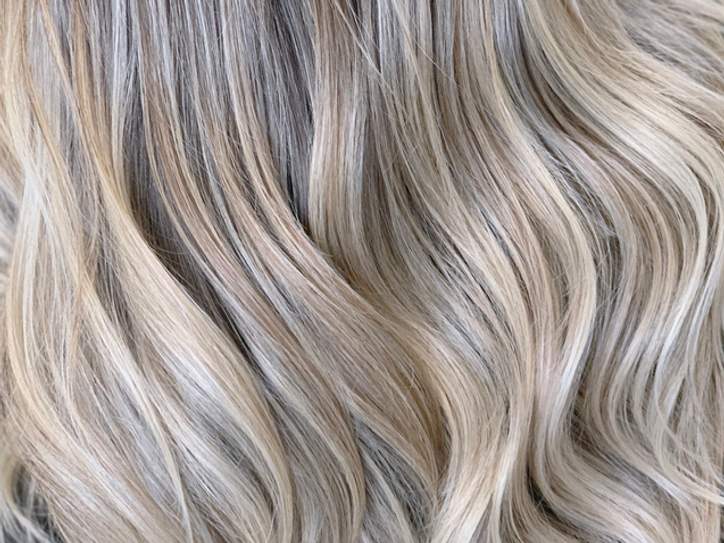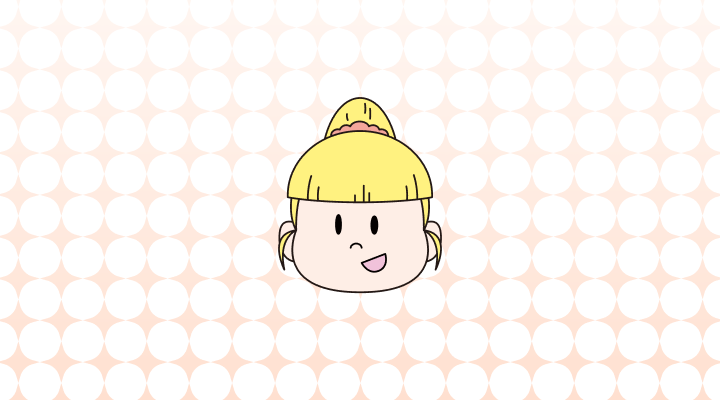Both terms describe someone's hair color, but in English speaking countries, blond is considered the masculine form, while blonde is the feminine form.
Blond and blonde are two terms that are often used interchangeably, but they have distinct meanings and usage based on gender.

What color is blond/e?
Blond/e describe hair that is yellow or very light brown, or a person that has this hair color.
When is blond used?
Blond is typically used as an adjective to describe a person, who has light-colored hair, specifically shades of light brown or yellowish hair. Blond is considered the masculine form, so if the traditional spelling convention is followed, blond would be used for males.
Example sentence
- He has blond hair.
When is blonde used?
Blonde is also used as an adjective, but it is specifically used when describing a female with light-colored hair.
Example sentence
- The blonde actress starred in the movie.
Interesting fact
It's important to note that "blond" is the masculine form, while "blonde" is the feminine form. This distinction is more commonly observed in English-speaking regions like the United States and Canada. In French, for example, "blond" is used for both genders, and the feminine form is "blonde."
More example sentences
- She has beautiful blonde/blond hair that shines in the sunlight.
- He used to have blond/blonde hair as a child, but it darkened as he grew older.
- The actress's signature look includes long, flowing blonde/blond locks.
- Her blonde/blond curls framed her face in an elegant manner.
- Many people assume that all Scandinavian girls have blonde/blond hair, but that's not always the case.
- The little boy's blonde/blond hair and blue eyes made him resemble his mother.
- The beach is filled with girls with bleached blonde/blond hair from spending so much time in the sun and saltwater.
- She decided to dye her hair blonde/blond to achieve a completely new look.
- The singer's strikingly blonde/blond hair added to her overall stage presence.
- Her daughter's natural blonde/blond hair drew compliments wherever they went.
Common idioms/phrases
- Dumb blonde: A stereotype or cliché suggesting that individuals with blonde hair are not intelligent. This phrase is considered offensive and outdated.
- Example: "She's anything but a dumb blonde; she's incredibly smart and accomplished."
- Blond ambition: A term often used humorously to describe a person, typically a woman, who is ambitious, determined, and successful despite the stereotype of being perceived as less intelligent due to their blonde hair.
- Example: "She has the perfect mix of blonde ambition and intelligence to excel in her career."
- Bottle blonde: Someone who has artificially lightened their hair color using hair dye, often referring to women who have dyed their hair blonde.
- Example: "She used to be a brunette, but she's been a bottle blonde for years."
- Blond moment: A light-hearted way of referring to a temporary lapse in memory or a silly mistake.
- Example: "I had a blond moment and couldn't remember where I parked my car."
- Strawberry blonde: A hair color that is a mix of blonde and red, often characterized by a warm, reddish-blonde hue.
- Example: "Her strawberry blonde hair caught everyone's attention."
- Golden blonde: A shade of blonde hair that is bright and radiant, often associated with a warm, golden color.
- Example: "She has a stunning complexion that complements her golden blonde hair."
These idiomatic phrases often play on stereotypes or refer to specific shades and characteristics of blonde hair. It's important to use these phrases with sensitivity and avoid perpetuating stereotypes.
In everyday conversation and writing, the distinction between "blond" and "blonde" is not always strictly followed, and it's common to see "blond" used for both genders. However, for those who want to adhere to traditional gender-specific usage, "blond" is used for males, and "blonde" is used for females when describing their hair color.
Discover more about the AI English proofreader, Engram!

Answer:
- blonde
- blond
- blonde
- blonde
- blonde
- blond
- blonde
- blonde
- blonde
- blonde
Reference














